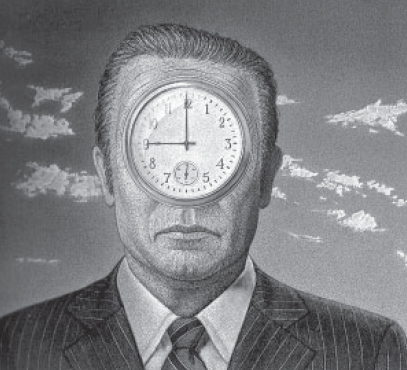One qualifier that we feel is important to begin with is the distinction between “anarchy” and “anarchism”. Some will write this off as merely semantics or trivial, but for most post-left and anti-civilization anarchists, this differentiation is important. While anarchism can serve as an important historical reference point from which to draw inspiration and lessons, it has become too systematic, fixed, and ideological…everything anarchy is not.
Admittedly, this has less to do with anarchism’s social/political/philosophical orientation, and more to do with those who identify as anarchists. No doubt, many from our anarchist lineage would also be disappointed by this trend to solidify what should always be in flux. The early self-identified anarchists(Proudhon, Bakunin, Berkman, Goldman, Malatesta, and the like) were responding to their specific contexts, with their own specific motivations and desires. Too often, contemporary anarchists see these individuals as representing the boundaries of anarchy, and create a W.W.B.D. [What Would Bakunin Do (or more correctly–Think)] attitude towards anarchy, which is tragic and potentially dangerous.
What is Primitivism?
While not all green anarchists specifically
identify as “Primitivists”, most acknowledge
the significance that the primitivist critique has
had on anti-civilization perspectives. Primitivism
is simply an anthropological, intellectual, and
experiential examination of the origins
of civilization and the circumstances
that led to this nightmare we currently
inhabit. Primitivism recognizes that for
most of human history, we lived in
face-to-face communities in balance
with each other and our surroundings,
without formal hierarchies and institutions
to mediate and control our
lives. Primitivists wish to learn from
the dynamics at play in the past and in
contemporary gatherer-hunter/primitive
societies (those that have existed and
currently exist outside of civilization).
While some primitivists wish for an
immediate and complete return to
gatherer-hunter band societies, most
primitivists understand that an
acknowledgement of what has been
successful in the past does not unconditionally
determine what will work in the
future. The term “Future Primitive,” coined by
anarcho-primitivist author John Zerzan, hints that
a synthesis of primitive techniques and ideas can
be joined with contemporary anarchist concepts
and motivations to create healthy, sustainable, and
egalitarian decentralized situations. Applied
non-ideologically, anarcho-primitivism can
be an important tool in the de-civilizing project.


Cap comentari:
Publica un comentari a l'entrada